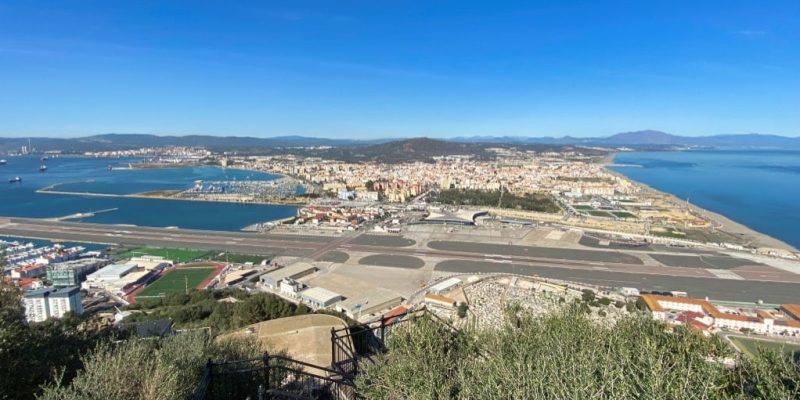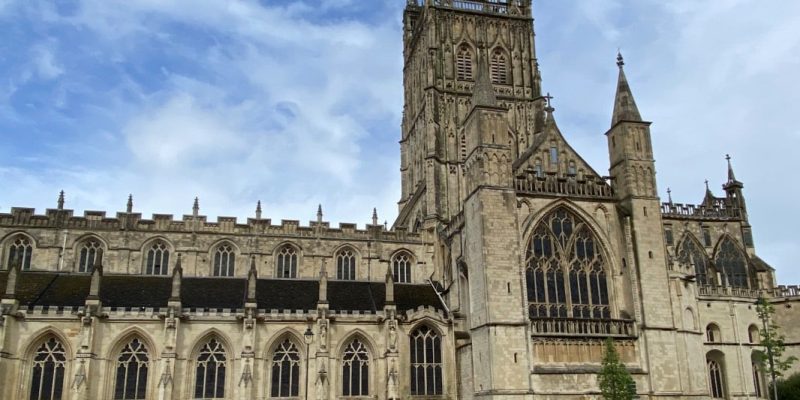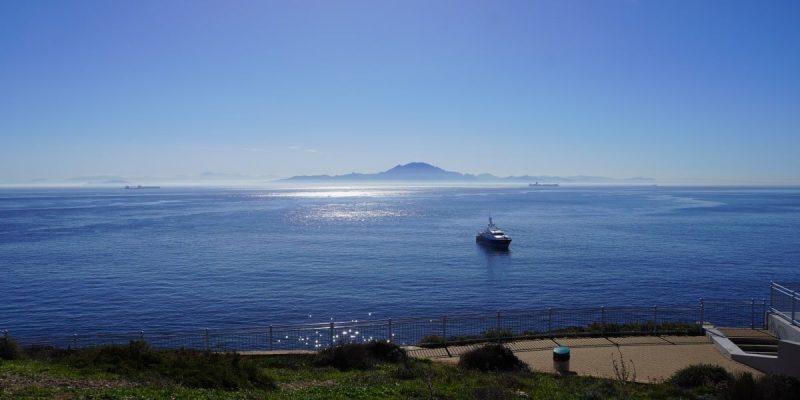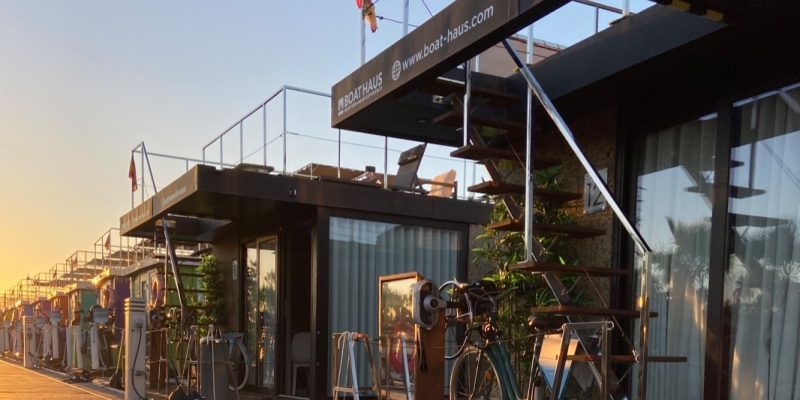A walk in the middle of an airport tarmac? If you think this is not allowed, you should definitely visit Gibraltar Airport …
Continue Reading about Walking across the runway in Gibraltar

A walk in the middle of an airport tarmac? If you think this is not allowed, you should definitely visit Gibraltar Airport …
Continue Reading about Walking across the runway in Gibraltar

The city of Gloucester is located around 160 kilometers from London. It is home to one of England’s most famous churches, which was also a filming location for scenes from Harry Potter: Gloucester Cathedral.

The southernmost point of Gibraltar is one of the places from which you have the best view over the Strait of Gibraltar and the African mainland. For me, Europa Point is one of the most beautiful viewpoints in the region.
Continue Reading about Europa-Point the southernmost point of Gibraltar

In my opinion, renaturalizing a disused quarry is a good way to keep our planet green. The Eden Project has taken an interesting approach and created a botanical garden with global appeal.
Continue Reading about Eden Project – a biosphere in a quarry

We leave the old town through a large gate in the former city wall. Directly behind it are the remains of a former defensive moat in what is probably Gibraltar’s most famous cemetery, the Trafalgar Cemetery.
Continue Reading about Trafalgar Cemetery – a memorial in Gibraltar

Looking for an unusual, stylish way to spend a few wonderful days at the “Gates of Gibraltar”? We can highly recommend spending the night in a houseboat in the harbour of La Línea de la Concepción.
Continue Reading about Spend the night in a houseboat with a view of the Rock of Gibraltar